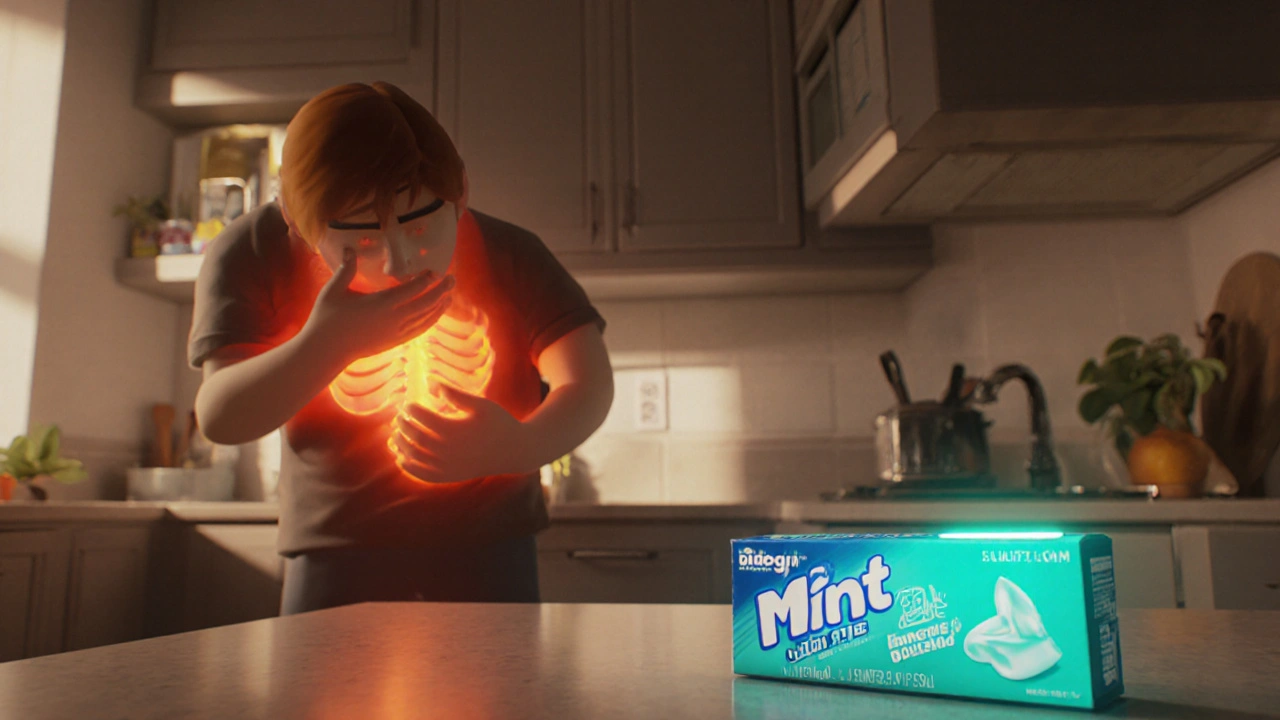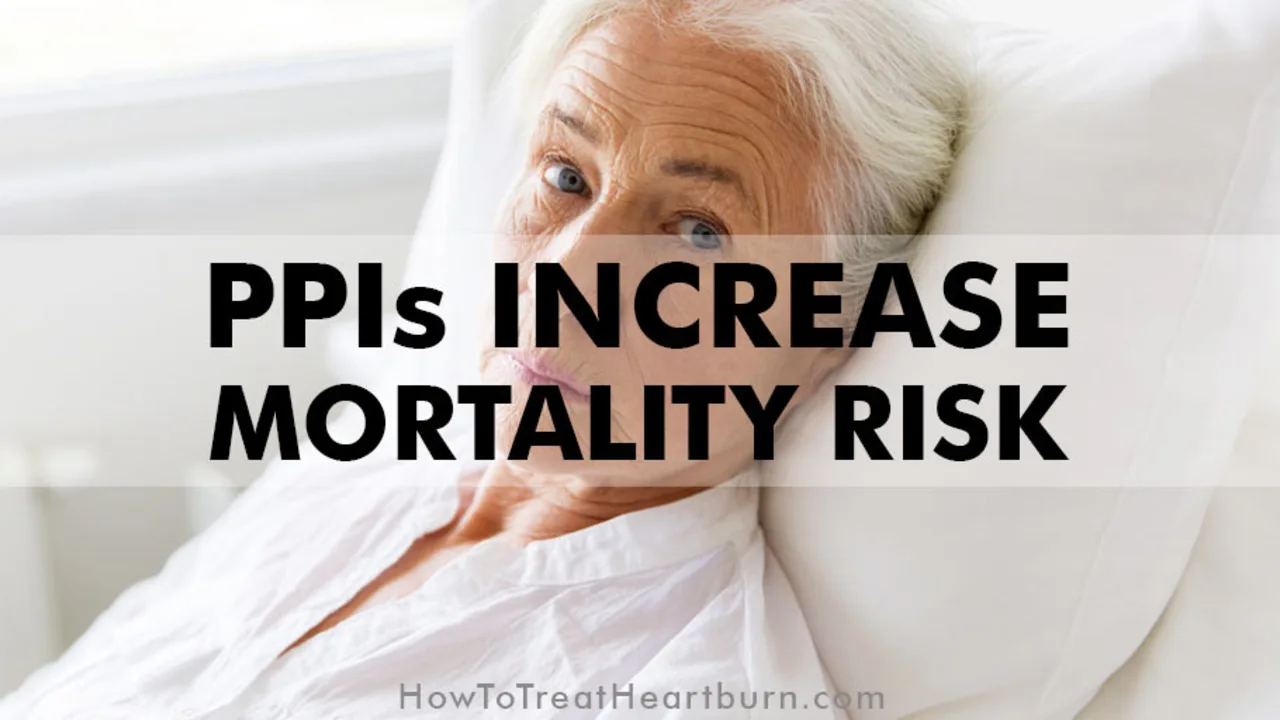Heartburn relief
You up at night? You're not alone. Many adults get a burn or sour taste after meals. The key is quick relief and stopping it from coming back.
Start with what helps right now. Over-the-counter antacids like calcium carbonate neutralize stomach acid fast. H2 blockers such as famotidine reduce acid for a few hours. Short courses of proton pump inhibitors, like omeprazole, can heal persistent reflux when used as directed. If you prefer non-drug options, try sipping baking soda mixed with water for a quick neutralizer, but use that rarely.
Preventing heartburn is mostly about habits. Eat smaller meals and avoid lying down for two to three hours after eating. Cut back on foods and drinks that trigger you: spicy food, citrus, tomato sauce, chocolate, caffeine, and alcohol are common culprits. Losing excess weight and stopping smoking can make a big difference. Elevate the head of your bed by four to six inches to keep acid down while you sleep.
Timing and portion size matter. Late night snacks are a frequent problem. Try to finish your last meal at least three hours before bed. Swapping a big dinner for two smaller meals can ease pressure on the stomach and reduce reflux.
Medications have pros and cons. Antacids work fast but wear off quickly. H2 blockers are good for mild to moderate symptoms. PPIs are stronger and meant for short courses unless your doctor prescribes ongoing therapy. Long term PPI use can bring side effects, so regularly review the need with your healthcare provider.
When to see a doctor? If heartburn happens more than twice a week, wakes you at night, or does not improve after a short PPI course, book a visit. Also get urgent care if you have trouble swallowing, unintentional weight loss, vomiting blood, or black stools. These could mean something more serious.
Simple home tactics often help. Keep a symptom diary to spot triggers and trends. Try chewing sugar-free gum after meals to boost saliva and clear acid. Wear looser clothes around the waist. Avoid bending over right after eating.
Some prescription drugs and conditions can cause reflux. Pregnancy often triggers heartburn and may need different management. Discuss interactions if you take blood thinners, aspirin, or other regular medicines.
Want a deeper read? We cover drugs that treat ulcers and reflux, like sucralfate, and options to buy safely online. Use trusted sources and never order prescription meds without a proper prescription.
Take action now: try lifestyle changes for two weeks and use OTC help for short relief. If nothing improves, talk to a clinician. Heartburn is common, but you don't have to live with it.
Keeping track helps long term. If you try changes and short medicines and still get daily heartburn, your doctor may suggest tests like an endoscopy or pH monitoring. Some people benefit from referral to a gastroenterologist. Get a clear plan for treatment and follow up. A tailored plan beats guessing. Write down medications and bring them to appointments every time.

Chewing Gum Benefits for Heartburn Relief
- by Colin Edward Egan
- on 16 Oct 2025
Discover how chewing gum can ease heartburn, the science behind it, best gum choices, and practical tips for safe, effective relief.

Tizanidine and Heartburn: Tips for Managing the Side Effect
- by Colin Edward Egan
- on 8 Nov 2023
Hey there, I'm just a guy who knows a thing or two about that irritating side effect of Tizanidine - heartburn. Listen, I get how uncomfortable it can be, feeling that burn after taking your medication. So, I've put together a few practical tips to help manage this unwelcome guest. From tweaking your diet to changing how you take your meds, I've explored several strategies that might just do the trick. Stick around and let's tackle this burning issue together!
